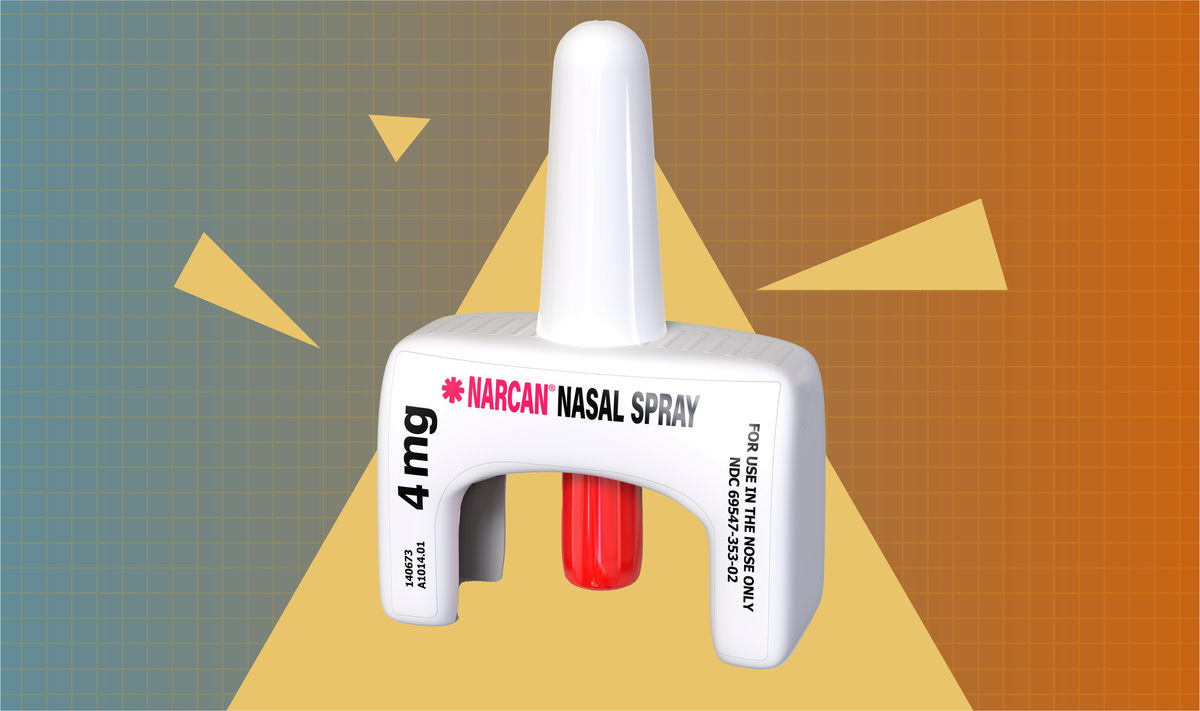Posts encourage caregivers to send college students naloxone
Meanwhile, Florida’s emergency ban on a kratom byproduct sparked debate.

Meanwhile, Florida’s emergency ban on a kratom byproduct sparked debate.
Recent social media posts encouraged caregivers to send college students naloxone and fentanyl test strips, while others repeated the false claim that doing so “encourages” drug use. Plus, after Florida issued an emergency ban on products containing a byproduct of kratom, an herbal supplement, social media users debated whether the substance is safe.
In response, communicators may share information about harm reduction tools for college students and recirculate the risks of kratom.

Insights brought to you by the reporters and science writers of Public Good News (PGN), a nonprofit newsroom dedicated to improving community health.
What’s trending nationally in conversations about substance use
As the school year begins, several social media posts sparked discussion about what to include in care packages for college students, with some advocating for sending naloxone and fentanyl test strips. On a Reddit thread in the subreddit r/college, one commenter noted that naloxone may be available for free at student health clinics, and another explained that it’s important for college students to have naloxone and fentanyl test strips on hand even if they never plan to use opioids, as opioids like fentanyl are often unknowingly mixed with other drugs. On August 11, a tabloid reported on a July TikTok video about including naloxone in college care packages, leading to comments on X suggesting that parents who send naloxone are irresponsible and are encouraging their children to use drugs.
Conversations about kratom reemerged last week after Florida issued an emergency ban on products containing 7-hydroxymitragynine (7-OH), a concentrated byproduct of the kratom plant. Last month, the FDA recommended that certain products containing 7-OH be classified as controlled substances due to its “potential for abuse because of its ability to bind to opioid receptors.” Florida’s ban generated mixed reactions online. Some social media users expressed gratitude for the ban, said that 7-OH is dangerous, and shared personal stories about alleged 7-OH dependence. Others criticized the ban, stating that kratom products have helped people manage withdrawal symptoms after stopping opioids.

Recommendations brought to you by the health communication experts behind Infodemiology.com.
Recommendations for public health professionals
Each week, the Infodemiology.com team will provide messaging recommendations in response to some of the trending narratives outlined above. These helpful tips can be used when creating content, updating web and FAQ pages, and developing strategy for messaging about opioids.
Back-to-school messaging for both college students and their caregivers may share information about harm reduction tools. Messaging may explain that naloxone is a medication that can reverse an opioid overdose and that it does not increase drug use. Highlighting the signs of an opioid overdose and how to respond is recommended, as is explaining how substances unknowingly laced with fentanyl can cause an overdose. Communicators may also explain that fentanyl test strips help people determine whether their drugs contain fentanyl so they can make educated decisions about drug use. However, they are not legal everywhere, so ensuring that any messaging reflects your state’s drug checking equipment laws is recommended. Sharing where students and others can access free naloxone and fentanyl test strips on college campuses or at local harm reduction programs is recommended. Messaging may explain that naloxone is also available for purchase over the counter at pharmacies and other retailers. Communicators may also want to share how to use naloxone and fentanyl test strips.
Given discussions about kratom and 7-OH, communicators may explain that the DEA lists kratom as a “drug and chemical of concern,” which means that consuming it can potentially lead to substance use disorder. Kratom may also cause serious side effects like liver damage, dizziness, trouble breathing, seizures, and delusions. While kratom and its derivatives are legal in most states, it is not regulated by the FDA as an approved medication or supplement. Sharing information about approved medications for opioid use disorder, local drug treatment centers, recovery groups, therapist directories, and SAMHSA’s National Helpline (1-800-662-HELP) is recommended.
